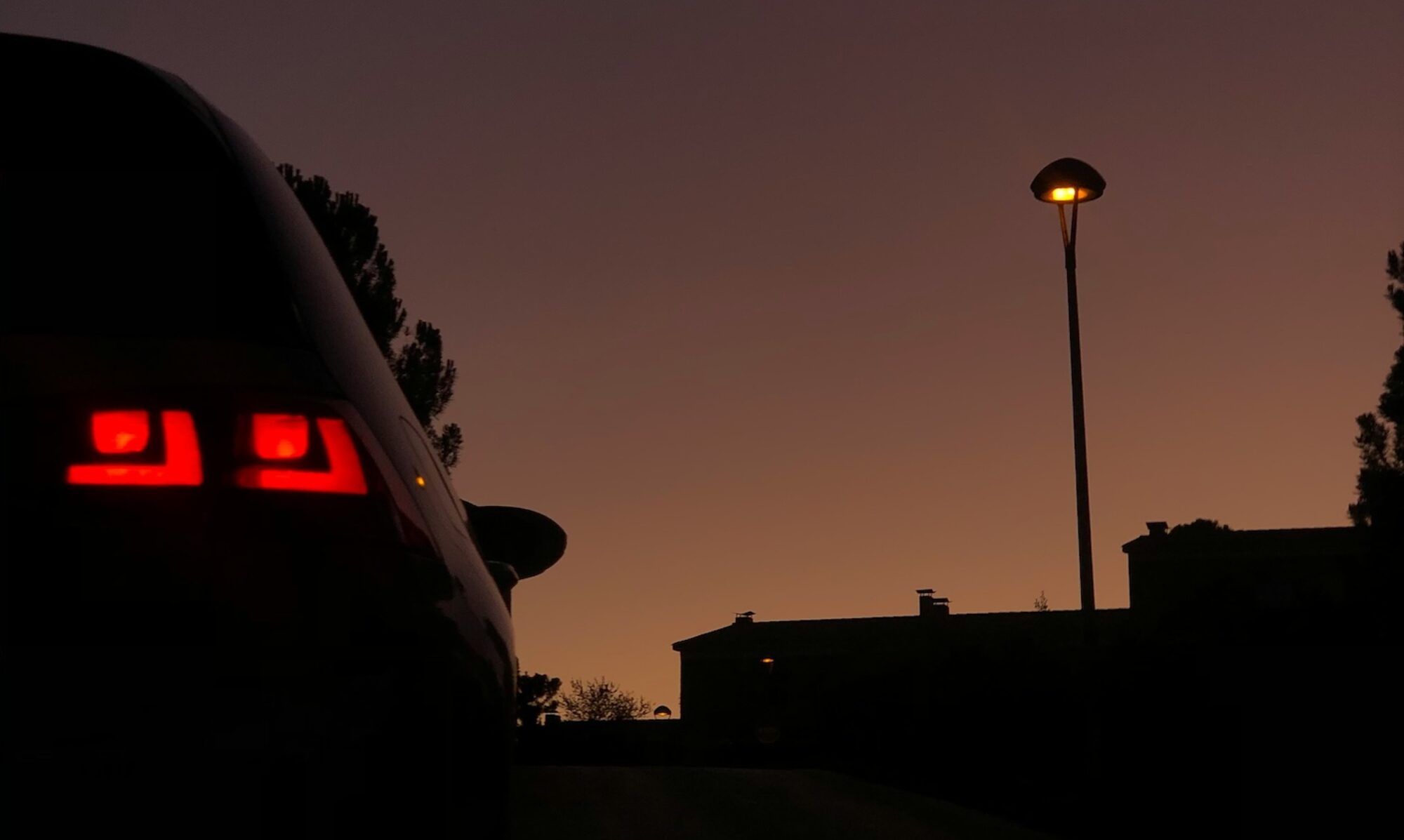As reported by The Hill:
“On Friday, Charles Murray, author of ‘Coming Apart’ and ‘The Bell Curve,’ was driven out of the McCullough Student Center at Middlebury College by a mob of angry students. He gave his talk via live stream from an ‘undisclosed location’ on campus. The live stream was chanted over, the fire alarm pulled to cut power, and at the end of the talk Charles Murray’s car was surrounded and Professor Allison Stager, his interlocutor, was assaulted, her hair pulled and her neck injured.
The protesters were successful. They drowned out freedom of speech, silenced those with whom they disagree, and attacked the defenders of democracy.
The words that carried the night were not Murray’s. And they were not the reasoned arguments of those who disagree with Murray. They were the chants of an angry mob who believed that disagreeing with Murray necessitated silencing both him and those who had asked him to speak: ‘Charles Murray go away,’ the students chanted, ‘Racist, Sexist, Anti-Gay.’”
One can agree or disagree with the message of Murray. What I found myself pondering was the sincerity of the protestors.
Even though their tactics were disrespectful, deplorable, and/or “de-something,” my sense is the protestors were sincere. They do not want Murray’s message to be spread… because they obviously believe it to be absolutely wrong, incorrect, maybe even evil.
Via the wisdom of an articulate friend, it reminds me of the abortion protests in previous decades. While the anti-abortion movement remains an active voice, prior to the enacted buffer zone laws in recent decades, previous protests sometimes included the destruction of both property and people.
Noting that their tactics that were sometimes disrespectful, deplorable, and/or “de-something,” I again ponder the sincerity of the protestors.
It seems in both examples, regardless of our agreement or disagreement with the protestors or the issue at hand — and admittedly, this is a tough thought to swallow… but… the protestors may be potentially, fully sincere. While their tactics sometimes fall somewhere short of democratic — and even in some cases, criminal — my sense is the protestors may still be sincere.
Granted, sincerity remains not a justification for the “de-something” means… at least not in a democracy.
As The Hill article questions, even with sincere, passionate protests, civil discourse is a central tenet of democracy, so how within our democracy do we actually engage in it? How do we resist the need to shut opposing opinion down, even when we don’t agree with the opinion — or we believe it to be, maybe even evil? Shutting down opposing opinion means disallowing civil discourse.
As the The Hill states: “Democracy is based upon the principle that citizens can think for themselves, choose for themselves, and vote their conscience. The tradition of free speech, freedom of the press, and freedom of assembly that we are so lucky to enjoy in America is meant to provide all Americans with the capacity to promote their views. These liberties help to protect us from tyranny no matter its form — whether the despotic rule of one or the vulgar justice of a mob…
Protesters who silence others by angry chants presume their fellow citizens not capable of choice — unfit for self-government.”
So two questions:
One, who are we to declare entire groups of others as “unfit”, thus shutting down their opinion?
And two — perhaps most significantly — do we really believe in democracy?
Respectfully…
AR

